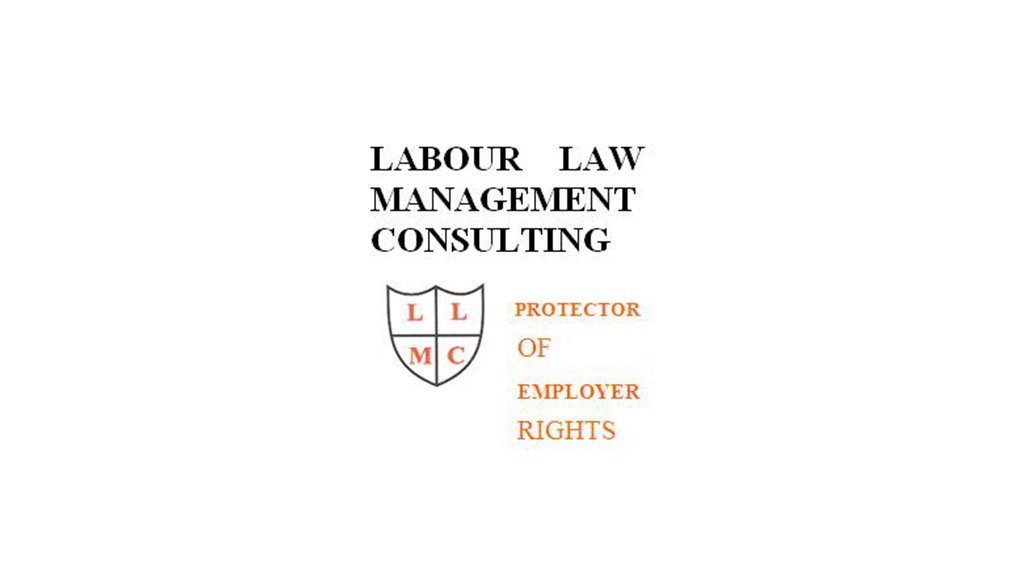Of all the confusing legal terms used in labour law the one that keeps most judges, arbitrators, employers and legal practitioners awake at night is the term “unfair”. The term is not defined in any of the statutes which leave the decision of what is “unfair” to whoever is applying their mind to each individual case where unfairness is being alleged.
It would, ironically, be unfair to blame the legislators for failing to provide a definition of the term because the concept has such wide connotations and is so susceptible to subjective interpretation. However, every employer needs to have a grasp of the legal meaning of “unfair” in order to avoid the legal repercussions of doing anything unfair to its employees.
In seeking the meaning of this elusive term we need to look at dictionary explanations and definitions, at statutory expressions referring to the term and at the way in which the courts interpret it.
DICTIONARIES
The Soule Dictionary of English Synonyms lists under “unfair” the synonyms: “unjust, inequitable, partial, dishonest, dishonourable, disingenuous, one-sided, unequal, insincere, uncandid, false, hypocritical, faithless, oblique, truthless”. Certain of these terms such as dishonest and faithless can relate to unfairness in specific contexts but do not assist us in our search for the meaning of “unfair” in the area of labour law.
However, in my view, terms such as “one-sided” and “unequal” contain strong elements of what “unfair” means in labour law. That is, the concept of imbalance plays a significant part in my own interpretation of the term “unfair”.
However, inequality or one-sidedness do not fully explain the concept of unfairness in labour law because there are many examples of one-sidedness that are not seen in labour law as unfair. For example, giving company cars to mangers and not to lower level staff is one-sided but is not per se unfair. On the other hand, it is hard to find an example of unfairness that does not have an element of one-sidedness.
STATUTORY TERMS
Section 23(1) of the Constitution of South Africa states that “everyone has the right to fair labour practices.” The word “right” in this legal provision is useful because infringing the rights of an employee is likely to be seen as unfair in labour law.
The Labour Relations Act (LRA), born from the Constitution, provides that “every employee has the right not to be-
(a) unfairly dismissed; and
(b) subjected to unfair labour practice.”
Section 187 of the LRA provides that a dismissal is automatically unfair if it has an unfair reason. The section then lists the reasons for dismissal that would be unfair. For example, if the employee was fired because he/she had exercised his right to take action against the employer in terms of the LRA, this retaliatory dismissal would be automatically unfair. Again, we have an example of the employer’s interference with an employee’s right being defined as “unfair”.
Section 188 of the LRA deems a dismissal to be unfair, even if it is not automatically unfair, if the employer fails to prove-
(a) that the reason for the dismissal is a fair reason; and
(b) that the dismissal was effected in accordance with a fair procedure.
This section explains neither what is meant by “a fair reason” nor what a “fair procedure” is. However, common law has established guidelines in these regards and these guidelines have been codified in Schedule 8 of the LRA. For example, item 7(b) includes a requirement that any person deciding whether a misconduct dismissal was fair must, amongst other things determine whether the dismissal was an appropriate sanction for the contravention of the rule that was contravened by the employee.
The word “appropriate” here again gives us a clue to what is “unfair”. That is, if the employer’s decision or action is inappropriate it could be unfair in labour law. The word “appropriate” in a labour law context implies that the employer’s action must be appropriate in the context of the specific situation in which the action was taken. Another way of putting this is that ‘the punishment must fit the crime’. If the employee is fired for a minor infringement or where circumstances reduce his/her liability a dismissal would usually be inappropriate and therefore unfair.
The challenge is then to decide what penalty is appropriate in each circumstance. This is not a simple matter but the general rule of thumb is that to consider dismissal for an offence that has had a most serious consequence would not be unfair unless relevant extenuating circumstances exist.
In summary, the act of an employer would be seen to be unfair if it infringes the employee’s rights, is one-sided, unnecessary and/or inappropriate under the circumstances. In order to develop an understanding of what this means in practice we will look at some actual cases in our next article.
For enquiries regarding our Johannesburg seminar, Walking The New Labour Law Tightrope scheduled for 22 August 2014 please contact Ronni on ronni@labourlawdvice.co.za or 0845217492.
Written by lvan lsraelstam, Chief Executive of Labour Law Management Consulting. He may be contacted on (011) 888-7944 or 0828522973 or on e-mail address: ivan@labourlawadvice.co.za. Go to: www.labourlawadvice.co.za.
This article first appeared in The Star.
EMAIL THIS ARTICLE SAVE THIS ARTICLE
To subscribe email subscriptions@creamermedia.co.za or click here
To advertise email advertising@creamermedia.co.za or click here











